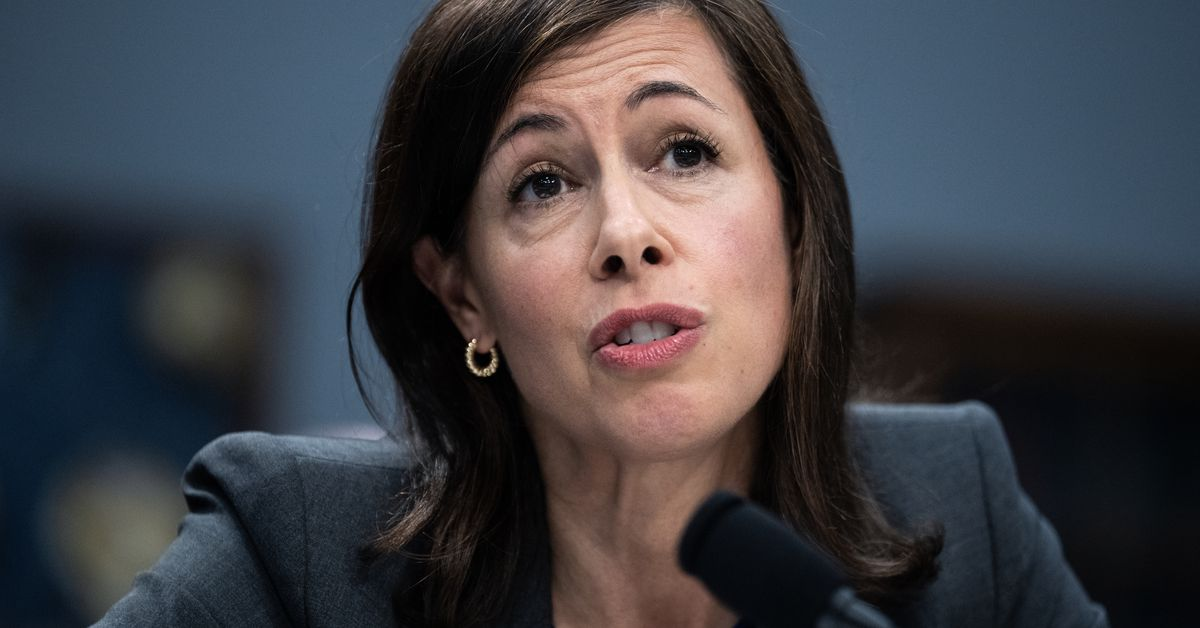Here’s an idea: How about zero days?
I admittedly don’t get how this is even a thing, having bought unlocked phones for prepaid service going on 14 years now. Wait for a sale on a phone, get a high-end device for like $800 (financing always available), and pay $200 once a year for service.
It’s appalling to me that people think more than $17/month for cell service is reasonable.
$800-$1000 up front is a whole lot of money for a lot of people. Also, where did you find a phone plan for $200 year? Asking for a friend…
5GB/month Mint Mobile plan. Eight years in, and it started as 2GB. I buy my music, so I don’t stream. Most data use is background stuff with apps.
Oh cool. Good to know, thanks
[This comment has been deleted by an automated system]
Are you getting a discount when you buy a carrier phone on contract? Every time I’ve priced them out, the total for 24 months of payments is typically around the full MSRP of the phone. Buying direct usually results in hefty discounts since companies like Samsung always have some sort of deal going on. My parents recently got some bottom of the barrel smartphones and still wound up paying hundreds of dollars for them on contract even though you can buy them outright online for 1/3 of the price.
Nobody would put up with buying a car that only runs off gas from ExxonMobil, even with a discount. Nobody would buy a laptop that can only get an internet connection through Comcast. That so many people put up with locked phones are OK with this practice shows a lack of comparative analysis.
deleted by creator
I’m of that particular age where my memories start just after AT&T was broken up into Baby Bells (to the extent that I thought “Ma Bell” was a weird shortening of Mountain Bell). So I know we’ve been here before.
Tesla’s not a great example, given that their connector is now a standard. Yes, it’ll take year for other charging networks to get built out, but that’s a temporary situation that’s a tech question. Cell service is not.
deleted by creator
As for zero days: I doubt carriers can move that quickly without making mistakes. Two months may be a bit long,
I think you misunderstood. This is about “after how many days on the provider’s plan” a customer is allowed to switch providers.
In Spain, most carriers sell fully unlocked phones, even when you sign up for a multi-year plan. You can use the phone with any carrier you wish from the start, even though you still have to pay for the original plan, and cancelling it incurs a penalty equal to the prorated amount of the initial discount on the phone price (then they claim inflated “base prices” that are above what one can find at non-carrier shops, but that’s a separate issue).
The proposal is at an early stage
Carriers will likely have until well into Trump’s administration to make any cha… oh, right. Well, anyway, it could be a thing, “if”.
A couple of years ago, Canada required all carriers to cell unlocked phones, or allow them to be unlocked for free. Nothing bad has happened because of that. Our cell phone plans are still too expensive, and the companies are wildly profitable.
I’m actually pretty curious to see how the FCC moves forward after Chevron, and I’m hoping Rosenworcel wipes the floor with them
What! Freedom for the masses! SCOTUS assemble!!!
And manufacturers to make it unlockable, pretty please?
Why can’t we do it right now?
Phew, from the title it wasn’t clear what “unlock” meant. I thought they were trying to force carriers to backdoor everyone’s phones and make the conents of any phone available upon request by law enforcement in a timely manner.
🤖 I’m a bot that provides automatic summaries for articles:
Click here to see the summary
The Federal Communications Commission wants to standardize the amount of time consumers have to wait to unlock their cell phones to be able to switch carriers.
The agency voted unanimously on Thursday to issue a notice of proposed rulemaking to make mobile service providers unlock customers’ phones within 60 days of activation.
Waiting periods and unlocking requirements vary between carriers, which the FCC said in a press release creates confusion for customers.
This is part of Chair Jessica Rosenworcel’s efforts to close the digital divide by expanding the E-Rate program, which gives schools and libraries discounts on internet and telecommunications services.
The agency also approved rules to slash the cost of jail calls and prohibit certain fees that drive up prices for incarcerated people seeking to contact their loved ones.
It also sets video call rate caps ranging from 11 to 25 cents depending on the type or size of the jail or prison.
Saved 56% of original text.







